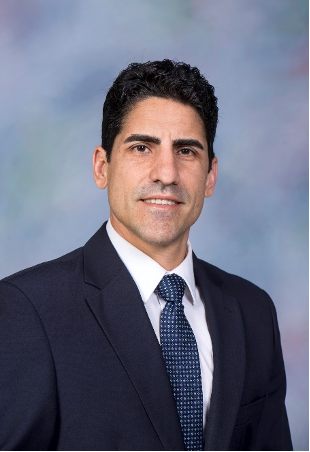
Date:
Location:
Title:
Abstract
Synthetic polymer membranes are enabling components in key technologies at the water–energy nexus, including desalination and energy conversion, because of their high water/salt selectivity or ionic conductivity. However, many applications at the water–energy nexus require ion selectivity, or separation of specific ionic species from other similar species. In this talk, I will present strategies for materials design and process development to selectively extract target ions from a mixture containing other ions of similar size and charge. To design synthetic membranes and coatings with excellent selectivities for specific cations, we leverage concepts from naturally-occurring ion pores and channels which can separate ionic mixtures with selectivities greater than 1000 for similar ions (e.g. Na+ and K+). In one system, we achieve strong permeability selectivities for Cu2+ over other divalent ions through the use of layer-by-layer deposition of polymeric thin films containing iminodiacetic acid functional groups. The preferential binding of Cu2+ to these functional groups results in a strong enhancement of the permeability of Cu2+ relative to other divalent ions. In another example, we fabricate membranes and coatings with sulfonate groups using the conductive polymer formulation PEDOT:PSS and show that the permeability selectivity for Cu2+ over Na+ depends on the membrane crosslink density and water content. Next, we demonstrate how these materials and coatings can be incorporated into continuous-flow, electric-field driven separation processes to achieve targeted ion removal. By incorporating ion-selective films into a capacitive deionization process, we can achieve ion-selectivities as high as 14:1 on a mass basis. Using an analytical model for desalination of a mixed salt stream, we show that selective permeation of a target ion enables preferential removal of a specific ion. These studies demonstrate new concepts for the development of ion-selective membranes, and future work will leverage these findings to develop a more efficient process for copper recovery and for the recovery and purificiation of rare earth elements.
Bio
Rafael Verduzco is a Professor of Chemical and Biomolecular Engineering and Materials Sciences and NanoEngineering at Rice University. He received his Ph.D. in chemical engineering from the California Institute of Technology in 2007 and his B.S. in chemical engineering from Rice University in 2001. The Verduzco laboratory uses a combination of polymer chemistry and multi-scale characterization tools to broadly address challenges in polymer science, and areas of research include conjugated polymers for organic electronic devices and bioelectronics, bottlebrush polymer additives, and covalent organic frameworks (COFs). He has received an NSF CAREER award and the 2020 Rice Research + Teaching Award.



